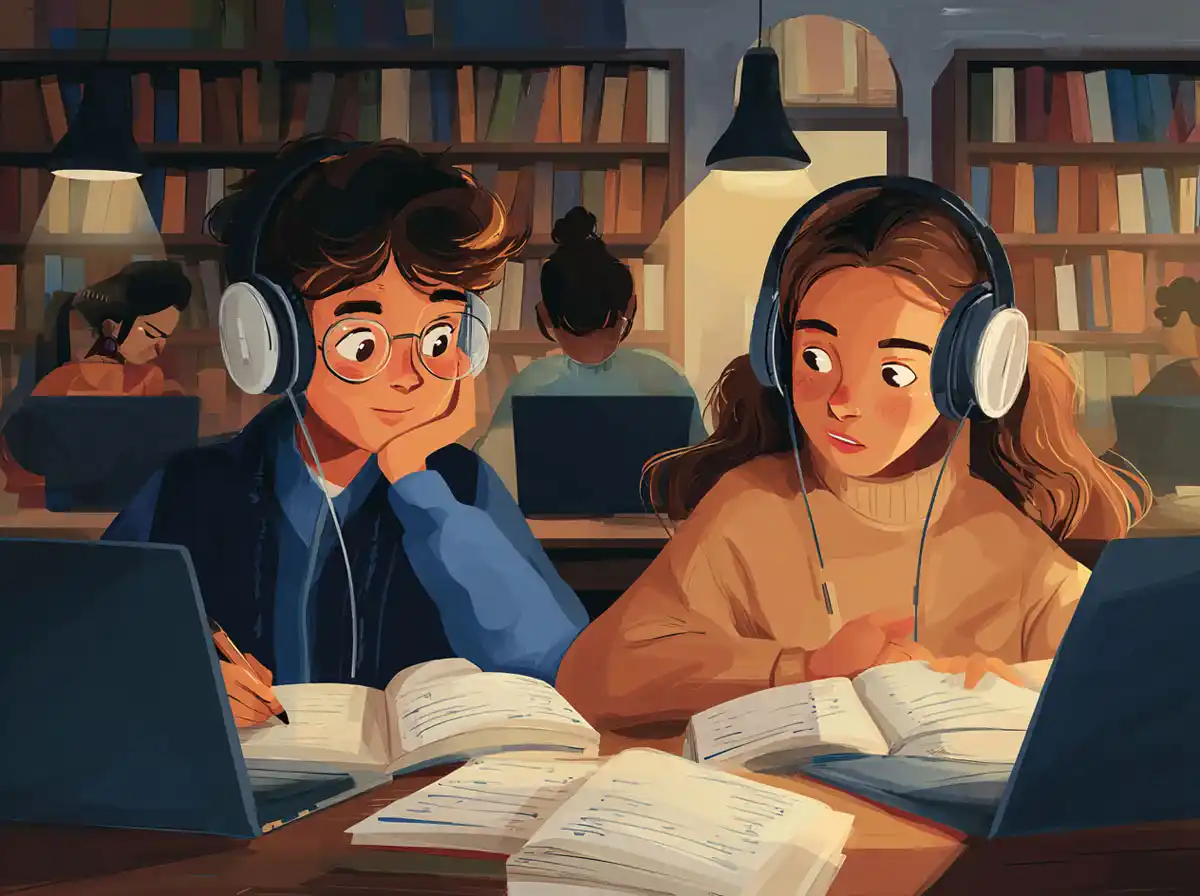Urdu vocabulary is a fascinating mixture of words originating from Persian, Arabic, Turkish, and Sanskrit, reflecting the language’s rich history and multicultural roots. The words and expressions found in Urdu convey not just literal meanings but also cultural nuances, etiquette, and emotions that are integral to the poetry and prose of the language. Learning Urdu vocabulary opens a window to the traditions, values, and aesthetics of South Asian society.
Understanding vocabulary in Urdu extends beyond memorizing lists of words; it involves grasping their context, usage, and subtle connotations that differ across regions and social settings. This aspect makes Urdu a uniquely expressive language, appreciated for its politeness and elegance in everyday conversation as well as in literature.
This page provides access to a range of blogs focused on different aspects of Urdu vocabulary. Here, users can discover articles that explain the origins, evolution, and appropriate use of common and advanced terms. These resources are designed to help learners, educators, and language enthusiasts deepen their knowledge, enhance their communication skills, and appreciate the cultural significance embedded in Urdu words. Explore the blogs to find comprehensive guides and insights aimed at making your mastery of Urdu vocabulary both practical and culturally informed.
The most efficient way to learn a language
Try Talkpal for free









Talkpal is an AI-powered language tutor. It’s the most efficient way to learn a language. Chat about an unlimited amount of interesting topics either by writing or speaking while receiving messages with realistic voice.


Talkpal, Inc., 2810 N Church St, Wilmington, Delaware 19802, US
© 2026 All Rights Reserved.